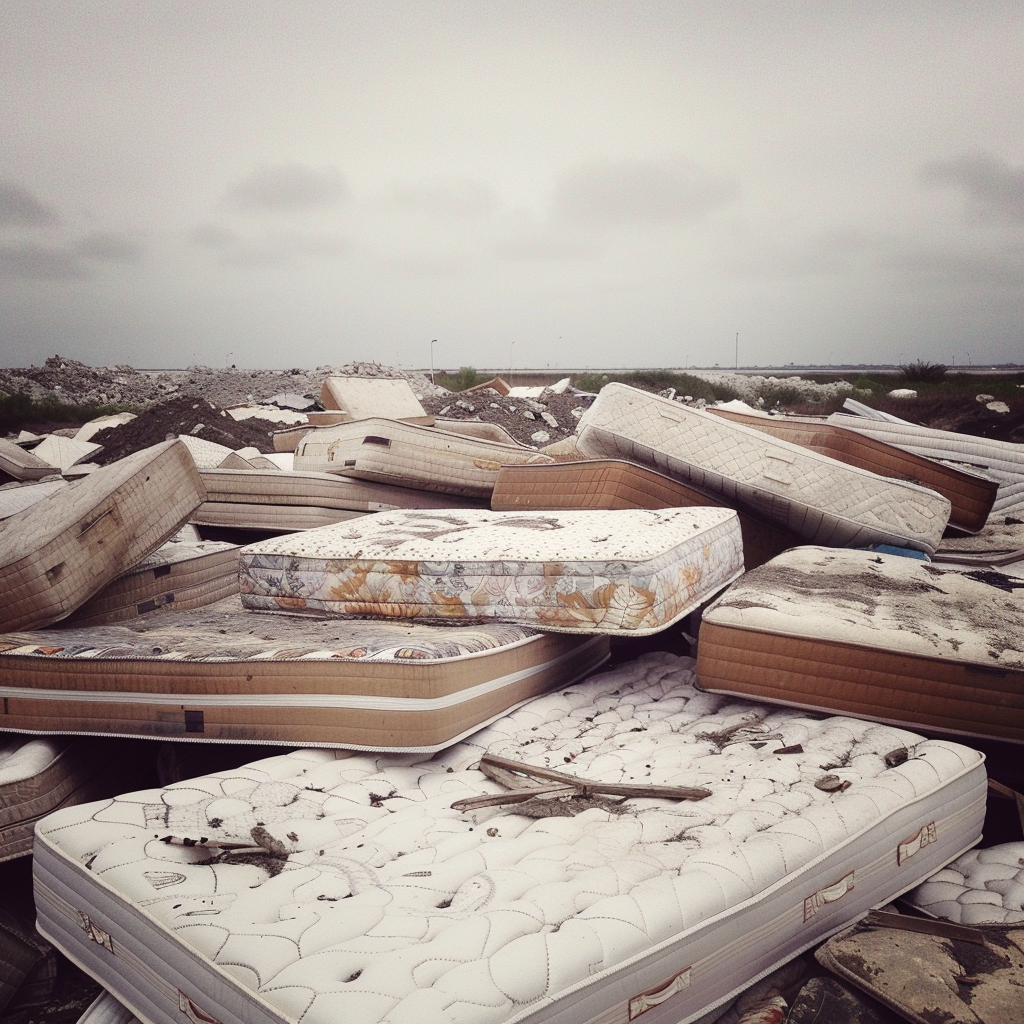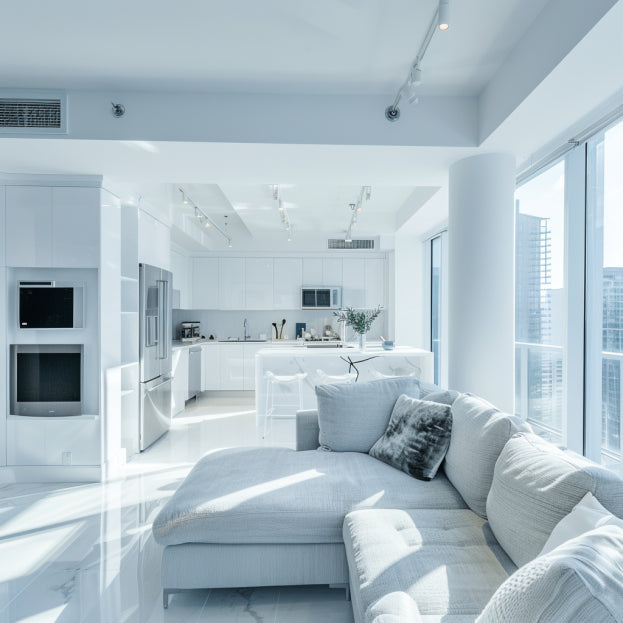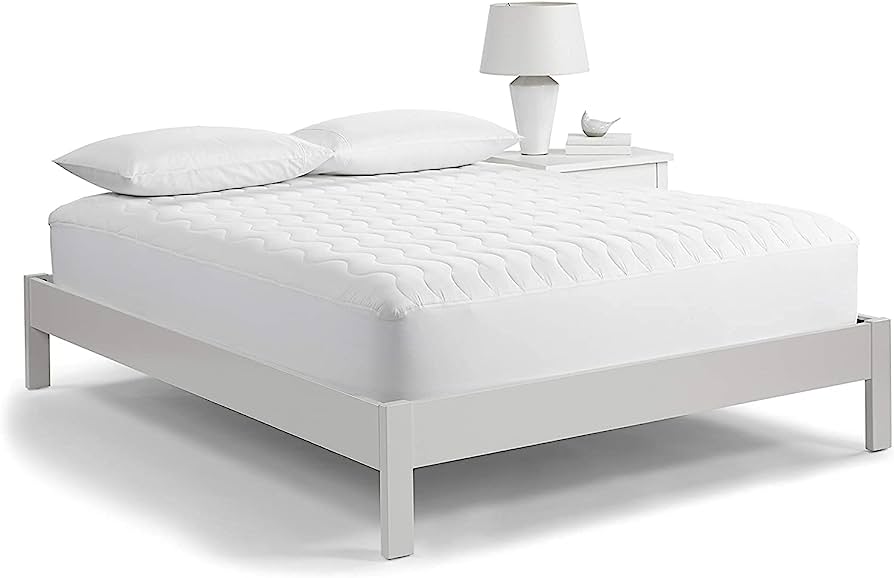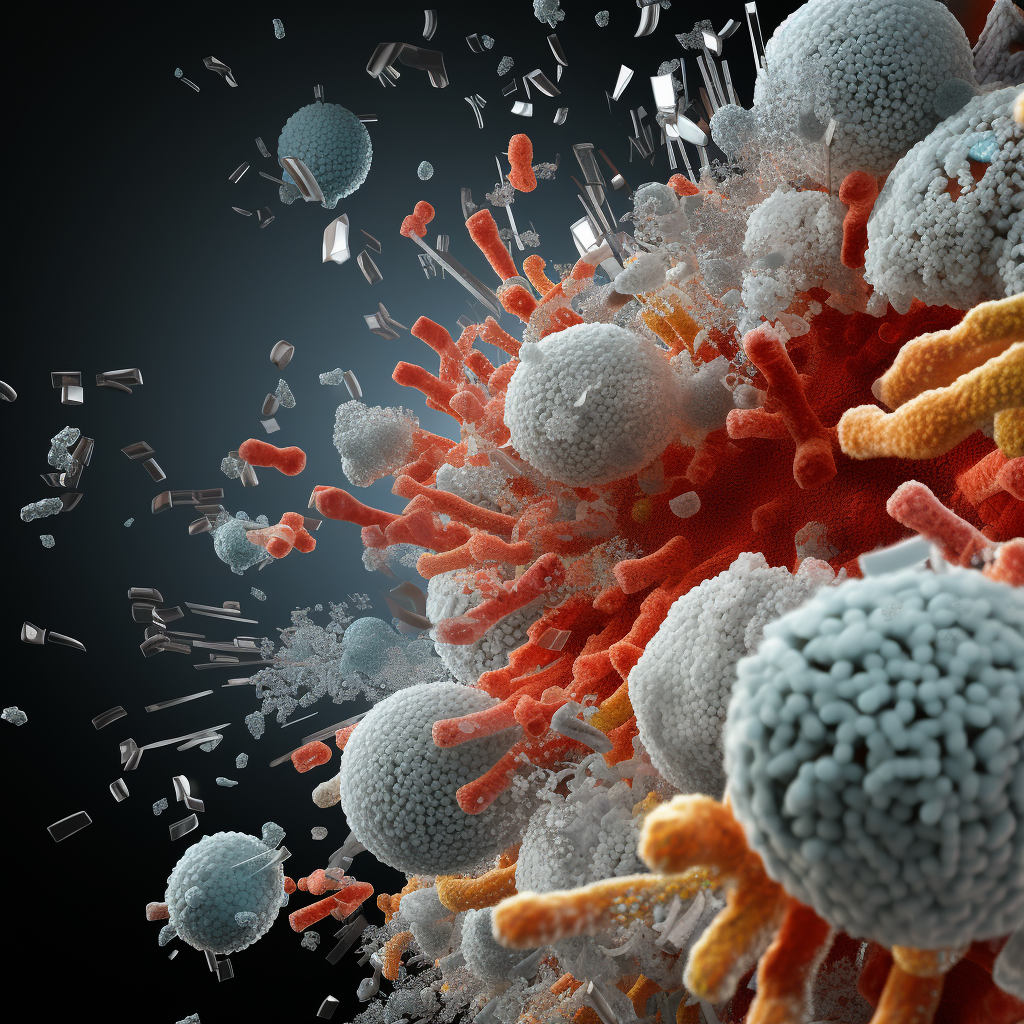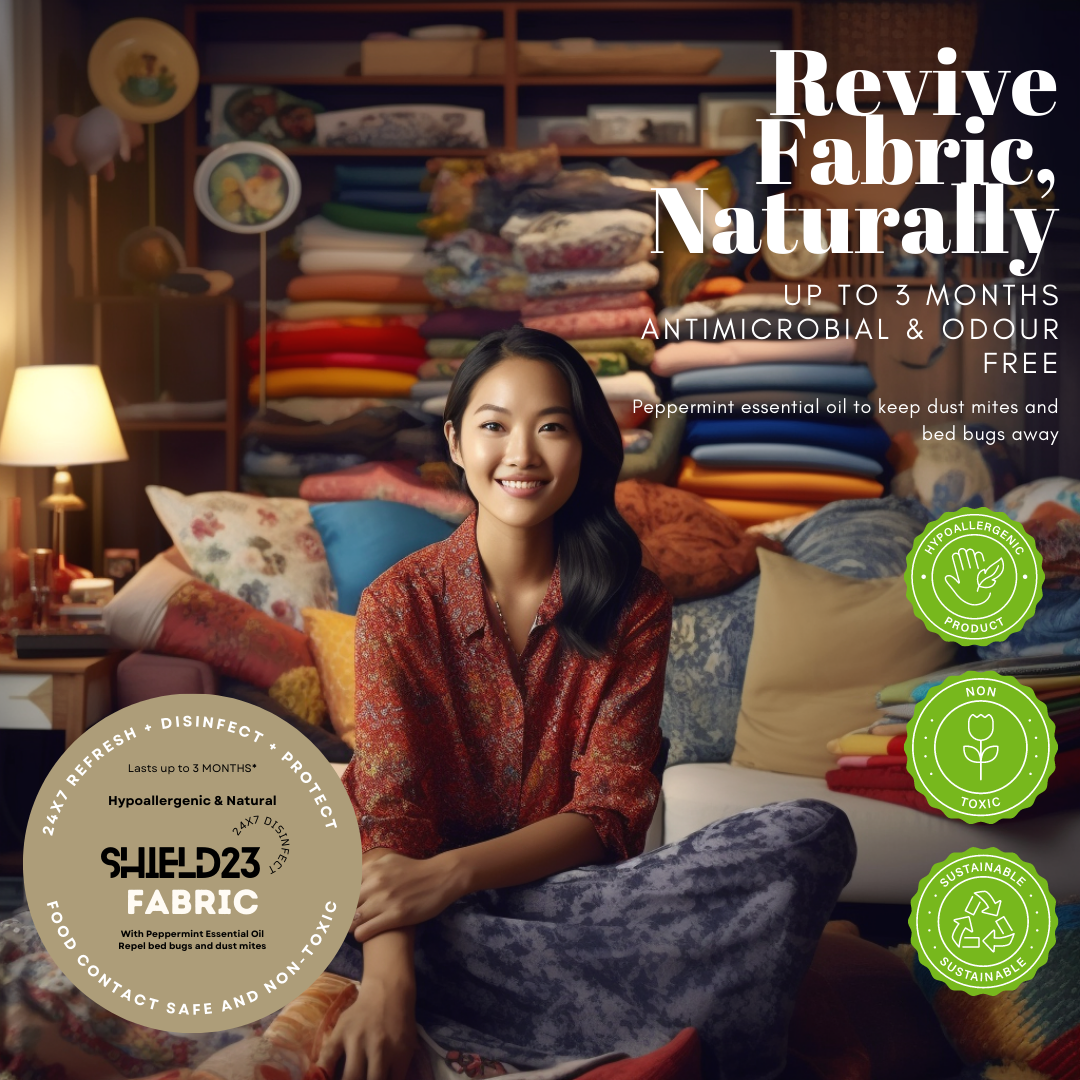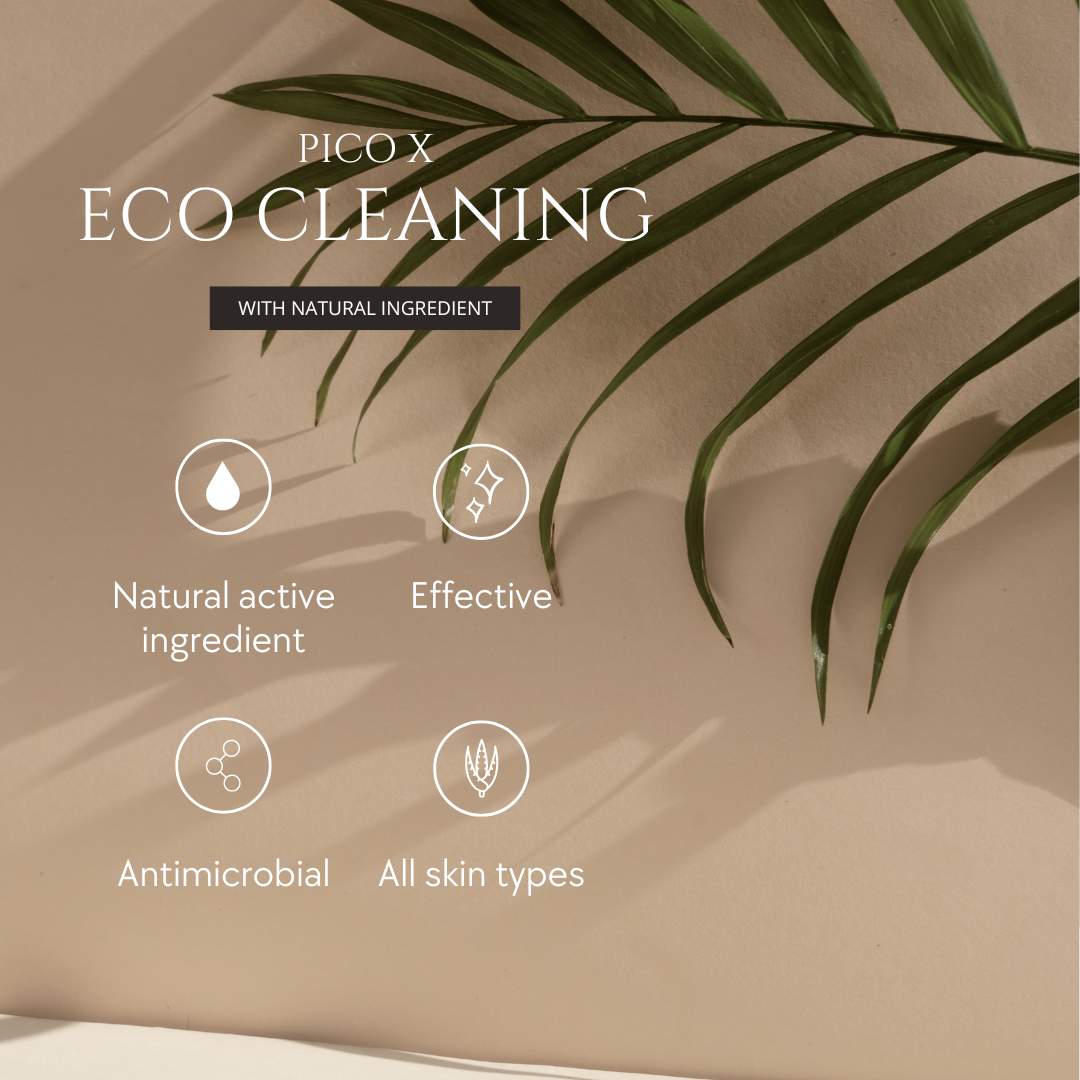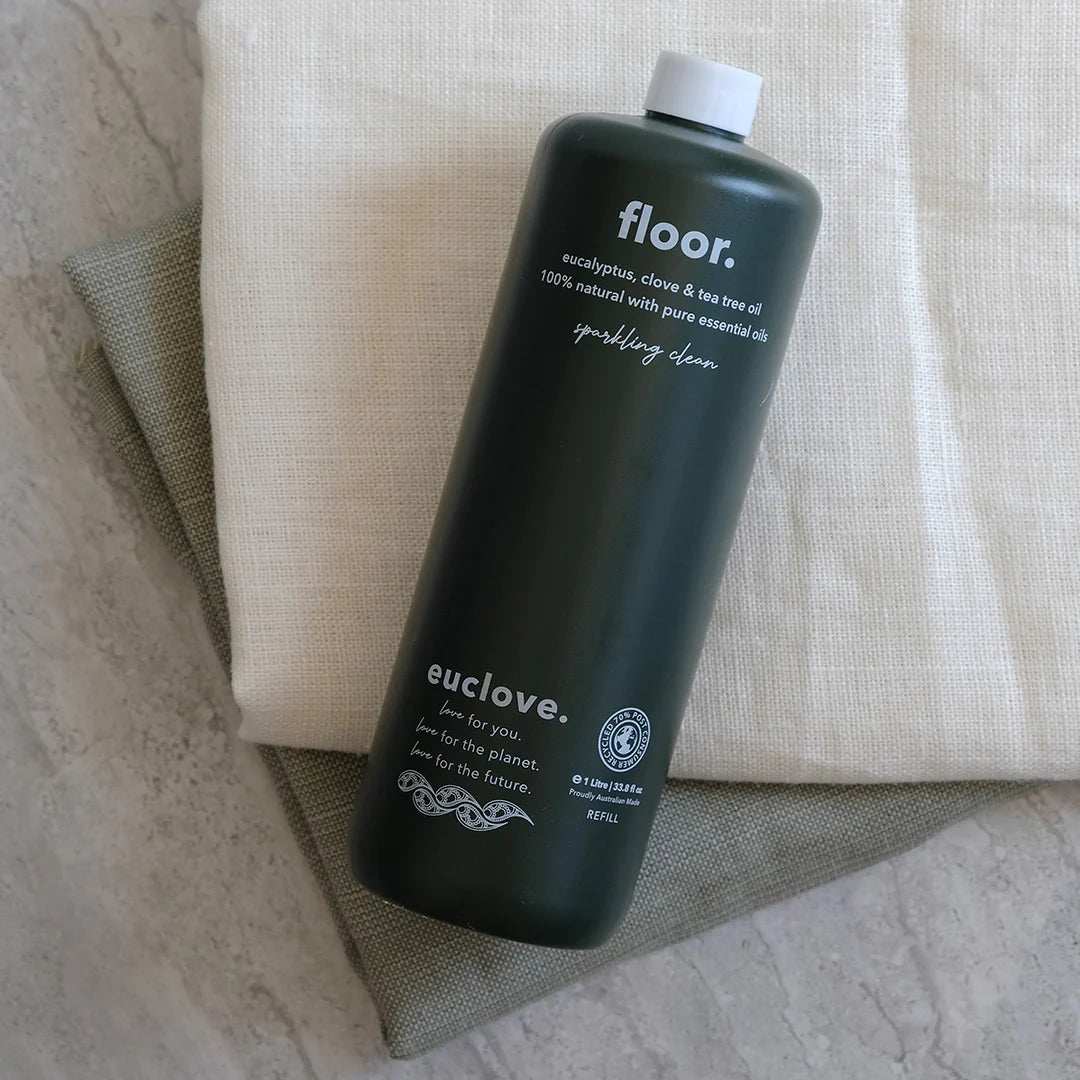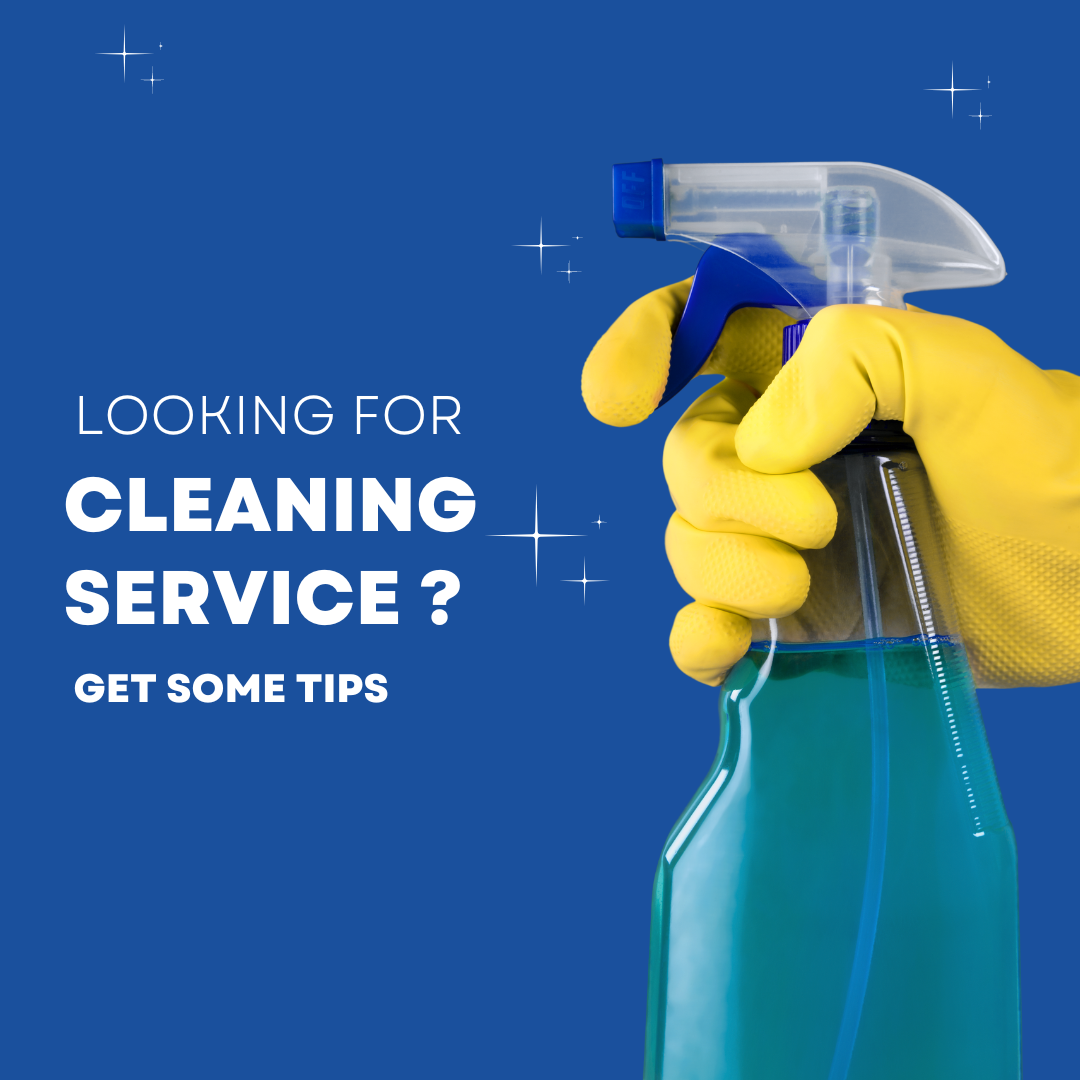-

Adoption of Antimicrobial Coating In The Hospitality Industry
-

Antimicrobial Coated Mattress For A Safe Night's Sleep
-

A safe way to improving indoor air quality and prevent mould at home.
-

Antimicrobial Coatings on Mattresses
-

Antimicrobial Coatings: A Revolution in Home and Commercial Space Hygiene
Navigating the Hazards of Humidifiers, Diffusers, and Their Solutions: A Comprehensive Guide
- 4 min reading time
Humidifiers and diffusers, common household appliances, have gained immense popularity for their ability to enhance indoor air quality and create a relaxing environment. However, when improperly used, these devices can pose several health risks. Understanding these risks and how to avoid them is crucial for maintaining a healthy home environment.
Humidifiers: A Mixed Blessing
Humidifiers work by adding moisture to the air, which can be beneficial in dry climates or during colder months when heating systems tend to dry out the indoor air. This can help alleviate symptoms of dry skin, sinus congestion, dry throat, and even some respiratory ailments. However, improper use of humidifiers can lead to several issues.
One of the primary risks associated with humidifiers is the potential for mold and bacteria growth. When the humidity level in a room exceeds 50%, it can create a conducive environment for mold and bacteria to thrive. Inhaling these harmful microbes can lead to respiratory issues, especially in people with asthma or allergies.
Additionally, some humidifiers, particularly cool-mist humidifiers, can disperse mineral particles into the air if they are filled with tap water. Inhaling these particles over a long period can potentially cause lung damage.

Diffusers: More than Just Fragrance
Essential oil diffusers, while known for their pleasant scents and purported therapeutic benefits, also carry potential risks. Most of these risks stem from the type and quality of the essential oils used.
Some essential oils can be harmful if inhaled or absorbed by the body, causing headaches, allergic reactions, or respiratory issues. Certain oils can be toxic to pets. Furthermore, the overuse of oil diffusers can lead to a high concentration of volatile organic compounds (VOCs) in your home, which can cause various health problems over time.
Mitigating the Risks: Best Practices
To minimize the risks associated with humidifiers and diffusers, follow these best practices:
1. Regular Cleaning: Clean your humidifier or diffuser regularly as per the manufacturer's instructions to prevent bacteria and mold buildup.
2. Control Humidity Levels: Keep indoor humidity levels between 30-50% to discourage mold growth. An indoor hygrometer can help monitor humidity levels.
3. Use Distilled or Demineralized Water: If you're using a humidifier, fill it with distilled or demineralized water to avoid dispersing minerals into the air.
4. High-Quality Essential Oils: If you're using a diffuser, opt for high-quality, pure essential oils. Be aware that even natural substances can be harmful in large quantities or to certain individuals.
5. Ventilation: Ensure your room is well-ventilated when using a diffuser.
6. Use in Moderation: Don't run your humidifier or diffuser continuously. Overuse can lead to excessive humidity or an overly high concentration of VOCs.
7. Special Considerations for Pets and Children: Be aware that certain essential oils can be harmful to pets or children. Always research and consult with a professional if you have any doubts.
8. Chemicals and Solutions to Avoid in Humidifiers and Diffusers
When using humidifiers and diffusers, it's crucial to avoid certain chemicals and solutions that can potentially harm your health or damage your device. Here are some of the substances you should avoid:
1. Tap Water in Humidifiers: While it might seem harmless, tap water can contain minerals that, when dispersed into the air by a humidifier, can be harmful to inhale. These minerals can also lead to the buildup of scale in your humidifier, reducing its efficiency over time. It's recommended to use distilled or demineralized water instead.
2. Fragrance or Perfume Oils in Diffusers: Fragrance oils or perfume oils are not the same as essential oils. They often contain synthetic chemicals and lack the therapeutic properties of essential oils. Using them in your diffuser can lead to headaches, dizziness, or allergic reactions. They can also damage your diffuser by causing residue buildup.
3. Low-Quality Essential Oils: Essential oils that are not pure or are of low quality often contain additives or fillers that can be harmful to inhale and may damage your diffuser. Always opt for 100% pure, high-quality essential oils from reputable sources.
4. Alcohol and Other Cleaning Chemicals: Using alcohol, bleach, or other harsh cleaning chemicals in your humidifier or diffuser can lead to toxic fumes when the device is in use. Instead, clean your devices regularly with mild soap and warm water, or use a vinegar solution if recommended by the manufacturer.
5. Essential Oils Unsafe for Inhalation or Toxic to Pets: Not all essential oils are safe to use in a diffuser. For instance, oils like camphor, hyssop, pennyroyal, and wintergreen can be toxic if inhaled. Additionally, oils such as eucalyptus, tea tree, cinnamon, citrus, pennyroyal, peppermint, pine, sweet birch, wintergreen, and ylang ylang can be harmful to pets, especially cats and dogs. Always research and consult with a professional before using a new essential oil in your diffuser.
By avoiding these substances, you can ensure that you're using your humidifier or diffuser safely and effectively, while maximizing the benefits of these devices.
Remember, when it comes to using chemicals and solutions in your devices, quality and safety should be your top priorities.In conclusion, while humidifiers and diffusers can improve your living environment, they must be used responsibly. By understanding the potential dangers and following recommended practices, you can enjoy the benefits of these devices while mitigating the associated health risks.
Rule of thumb when confused : Keep it simple.
-

Best Fabric Refresher 2023
-

Looking for the Best Cleaning Services in Singapore?
-

Benefits Of Essential oil Based floor cleaners - Eucalyptus, Clove and Tea Tree
-

Top ten cleaning services in Singapore?


